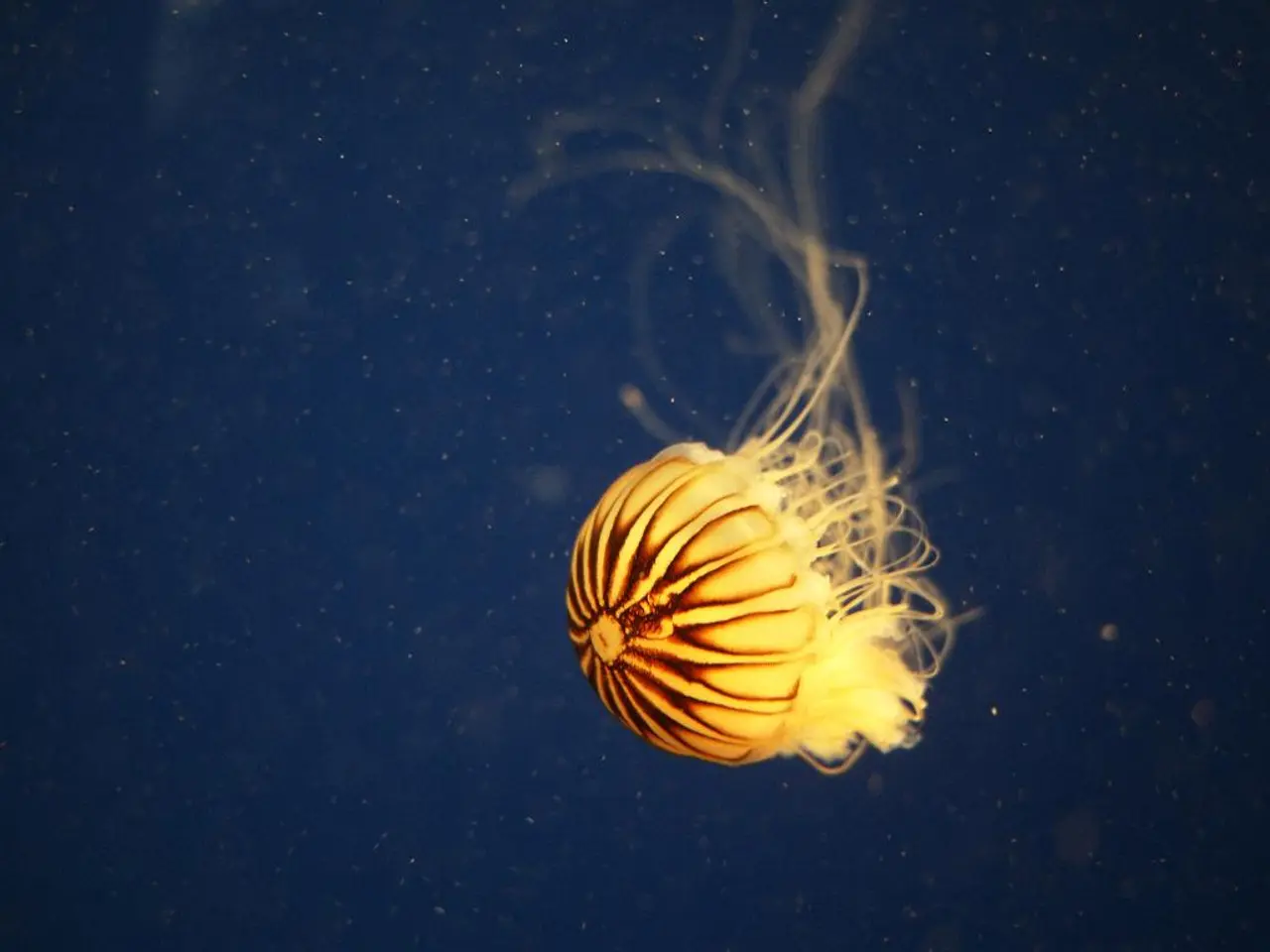Tragic: 12-year-old succumbs to brain-eating amoeba contracted from lake, family confirms
In a heartbreaking turn of events, a 12-year-old boy named Jaysen, a student at Hand Middle School in Columbia, lost his life at Prisma Health Children's Hospital on Tuesday. The cause of death was a brain-eating amoeba, specifically Naegleria fowleri.
Jaysen's family, who are currently grieving this unthinkable loss, have expressed their gratitude towards the doctors and nurses at Prisma Health Children's Hospital - Midlands for their dedicated care and compassion. They have also requested privacy at this time as they prepare to lay their son to rest.
The family is also thankful for the community's love and support during this difficult time. Supporters have started a GoFundMe to help the family with the numerous unexpected expenses that have arisen due to Jaysen's death.
The Carr family, Jaysen's family, have shared that he was an incredible son, a devoted brother, and a true friend to everyone who knew him. They have many questions about how and why Jaysen died and want to do everything in their power to ensure this doesn't happen to another family.
Naegleria fowleri is a free-living ameba that naturally inhabits warm freshwater environments such as lakes, rivers, and ponds, especially in the southeastern United States. It thrives particularly in warm water with temperatures up to 115°F and can also be found in hot springs and poorly maintained swimming pools.
While Naegleria fowleri occurs in many freshwater sources, infections are very uncommon. Typically, fewer than 10 people per year in the entire United States become infected, despite the amoeba’s presence. Since 1962, 167 cases of primary amebic meningoencephalitis (PAM)—the infection caused by Naegleria fowleri—have been reported in the U.S., with only four survivors.
Naegleria fowleri infects people when contaminated water enters the nose, allowing the ameba to travel to the brain and cause PAM. This typically happens during swimming or diving in warm freshwater where the amoeba is present. It is important to note that infection does not occur by drinking contaminated water but specifically through nasal exposure.
Symptoms typically begin between 1 and 12 days after exposure and initially resemble viral meningitis, including severe headache, fever, nausea and vomiting, and stiff neck. As the infection progresses rapidly within about 1 to 18 days, neurological symptoms develop such as confusion or altered mental status, hallucinations, seizures, loss of balance, lack of attention to surroundings, and coma. Nearly all cases result in death, often within 5 days of symptom onset.
The South Carolina Department of Public Health has stressed that human infection with Naegleria fowleri is very rare. They confirmed the case of Naegleria fowleri involvement the week of July 7, and Jaysen came in contact with the amoeba in Lake Murray. However, they have stated that this is not a wider public emergency.
In light of this tragic event, it is crucial for people swimming in warm freshwater in the southeast to take precautions like avoiding water going up the nose, especially during warm months.
References:
- Centers for Disease Control and Prevention. (2021). Naegleria fowleri. Retrieved from https://www.cdc.gov/parasites/naegleria/index.html
- Cleveland Clinic. (2021). Brain-eating amoeba: What you need to know. Retrieved from https://my.clevelandclinic.org/health/diseases/18045-brain-eating-amoeba
- Mayo Clinic. (2021). Naegleria fowleri infection. Retrieved from https://www.mayoclinic.org/diseases-conditions/naegleria-fowleri-infection/symptoms-causes/syc-20371883
- American Academy of Pediatrics. (2021). Naegleria fowleri infection. Retrieved from https://www.healthychildren.org/English/health-issues/conditions/infectious-diseases/Pages/Naegleria-fowleri-Infection.aspx
- As tragic incidents like Jaysen's reveal, Naegleria fowleri, a brain-eating amoeba, can potentially be present in warm freshwater environments, particularly in the southeastern United States, and can lead to fatal neurological disorders like primary amebic meningoencephalitis (PAM).
- When it comes to health and wellness, fitness and exercise, mental health, and neurological disorders, it's crucial to acknowledge and address the risks associated with Naegleria fowleri infection, especially for those engaging in activities in warm freshwater sources, as the infection typically occurs when contaminated water enters the nose.
- In the midst of managing medical-conditions such as PAM, it's essential to prioritize support and resources for families like the Carr family, who have been deeply affected by this rare but devastating disease, and to advocate for increased awareness and prevention measures in communities where the risk of encountering Naegleria fowleri is higher.




